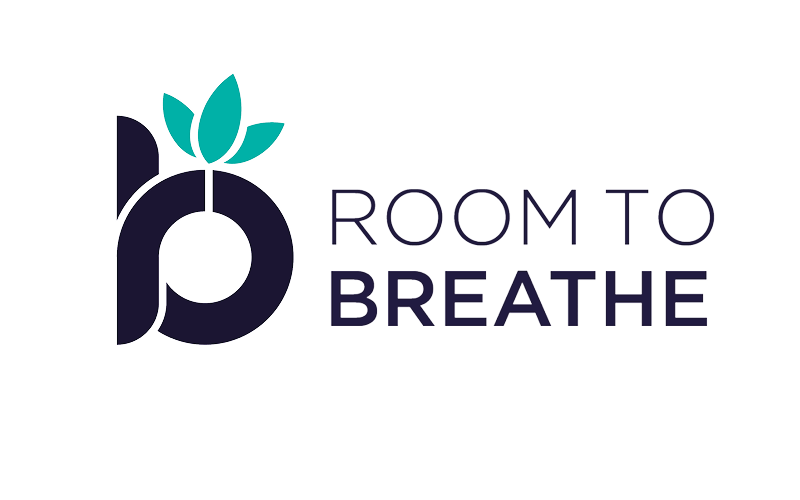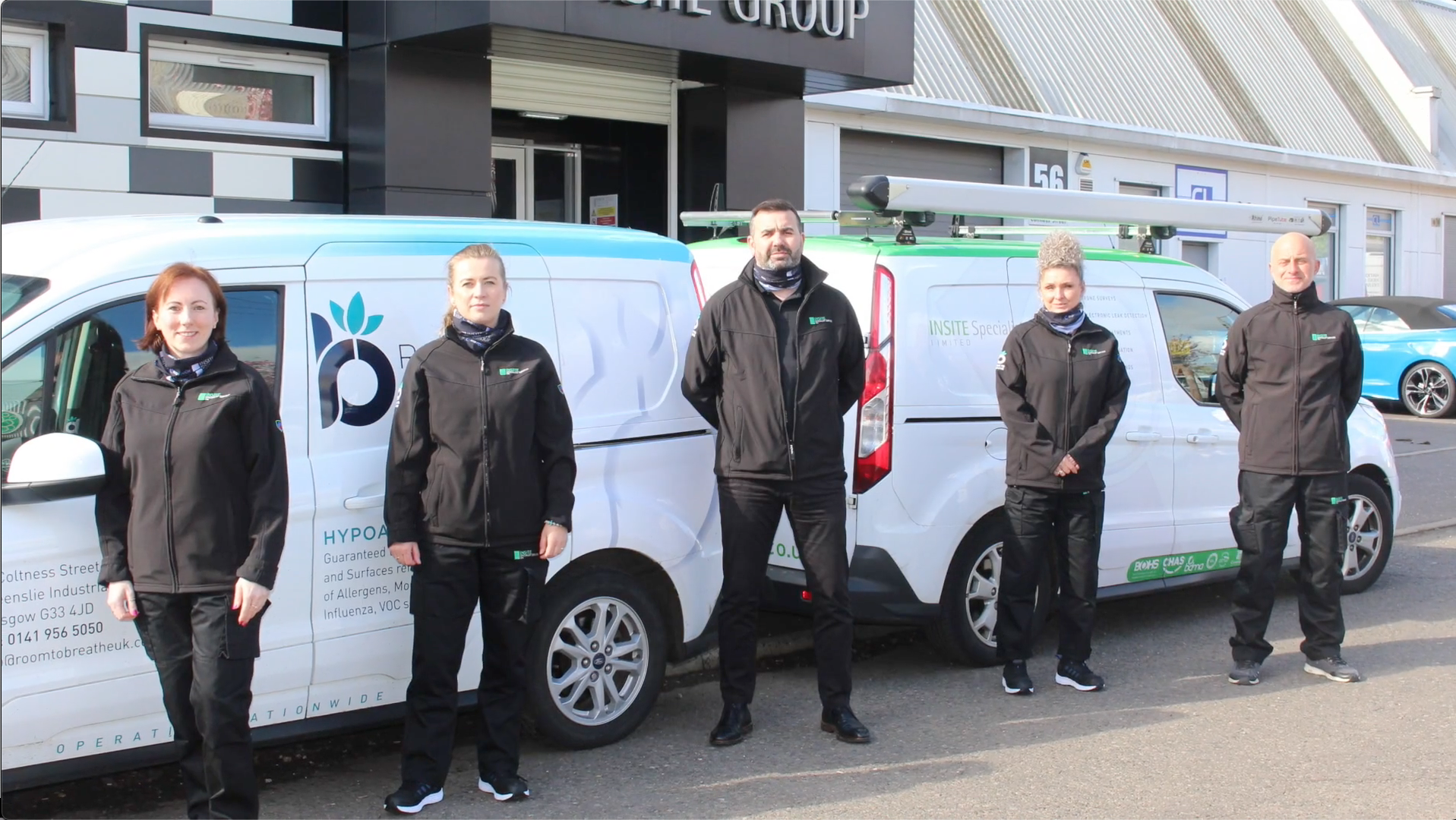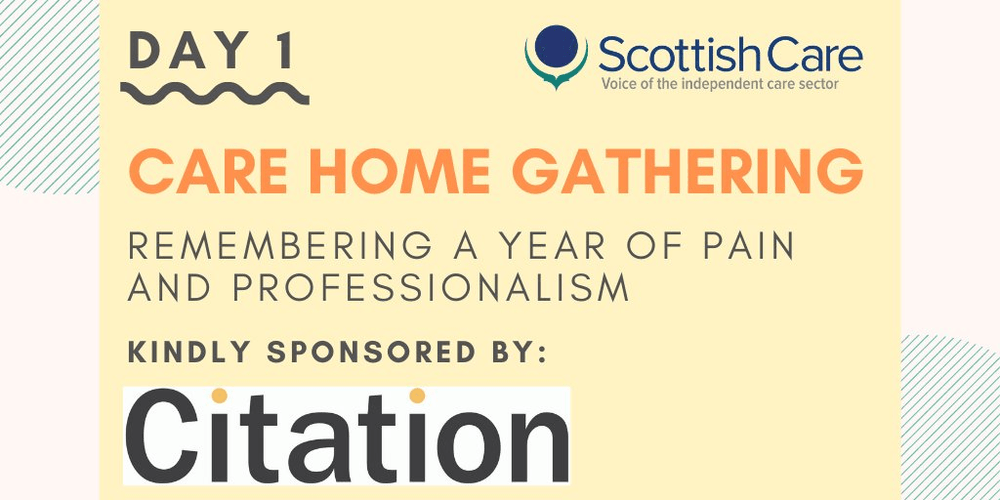Poor indoor air quality for workers is bad for their health
... as an Employer, what are you going to DO?

Indoor Air Quality (IAQ) is the quality of the air inside buildings and structures. It can be affected by a variety of factors, including the presence of pollutants such as dust, smoke, and chemicals, as well as the ventilation system. Poor IAQ can have a significant impact on the health of workers, both in the short and long term.
Data on the health effects of poor IAQ
There is a growing body of research that shows that poor IAQ can have a negative impact on worker health. Some of the key findings from this research include:
- Respiratory problems: Exposure to air pollutants can irritate the lungs and airways, and can trigger or worsen respiratory problems such as asthma and bronchitis.
- Heart disease: Long-term exposure to air pollutants can increase the risk of heart disease and stroke.
- Cancer: Some air pollutants, such as radon, are known carcinogens.
- Cognitive function: Poor IAQ can also impair cognitive function, leading to problems with concentration, memory, and decision-making.
- Productivity: Poor IAQ can also lead to decreased productivity and increased absenteeism.
A 2016 study by the Harvard T.H. Chan School of Public Health found that workers in offices with poor IAQ had lower cognitive function scores than workers in offices with good IAQ. The study also found that workers in offices with poor IAQ were more likely to report symptoms such as fatigue, headache, and dizziness.
Another study, published in the journal Occupational and Environmental Medicine in 2018, found that workers in factories with high levels of air pollution were more likely to have heart disease and stroke.
The cost of poor IAQ
Poor IAQ can have a significant cost to businesses, both in terms of direct medical costs and lost productivity. A 2017 study by the World Green Building Council estimated that the global cost of poor IAQ is $1 trillion per year.
What can employers do to improve IAQ?
There are a number of things that employers can do to improve IAQ in their workplaces, including:
- Improve ventilation: This can be done by opening windows and doors, or by using mechanical ventilation systems.
- Reduce sources of pollution: This may involve removing or controlling sources of pollution such as cigarette smoke, cooking fumes, and cleaning chemicals.
- Clean and maintain the workplace: This includes regularly cleaning and maintaining HVAC systems, carpets, and other surfaces.
- Monitor IAQ: This can be done using air quality monitors to detect and measure levels of pollutants.
Conclusion
Poor IAQ is a serious problem that can have a significant impact on the health of workers. Employers have a responsibility to take steps to improve IAQ in their workplaces. By improving ventilation, reducing sources of pollution, and cleaning and maintaining the workplace, employers can help to protect the health of their workers and improve their productivity.
At Room To Breathe we can help you create the healthiest and safest environment possible for all your employees, to find out more CALL NOW ON 0141 611 7888 or email Gordon Bruce at gordon.bruce@insitespecialistservices.co.uk
#indoorairquality #infectionprevention #iaq #purifier #sanifier

64 Coltness Street, Queenslie Industrial Estate, Glasgow, G33 4JD, United Kingdom.
All Rights Reserved | Room to Breathe










